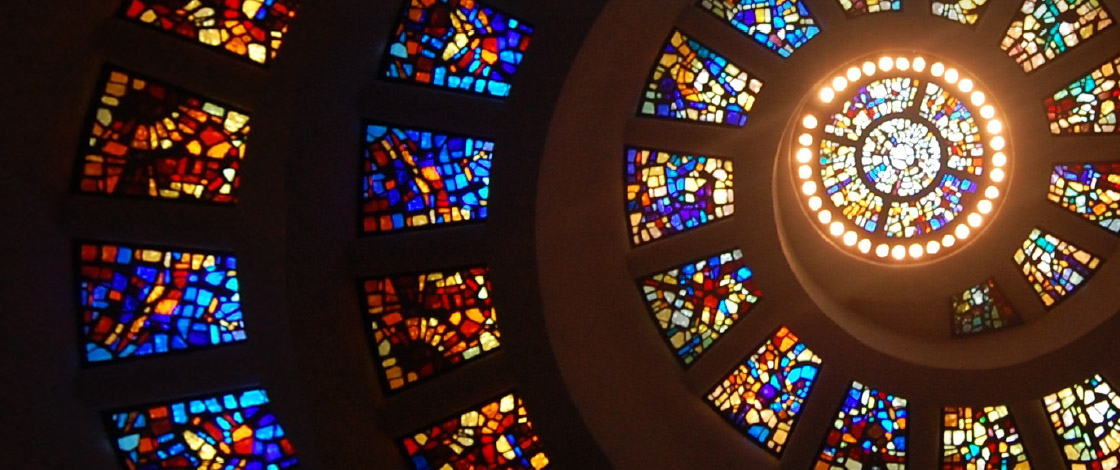Christmas Anyway
A holiday campaign
“And she [Mary] gave birth to her firstborn son and wrapped him in bands of cloth, and laid him in a manger, because there was no place for them in the inn” (Lk. 2:7).
Today, this excerpt from the Christmas story makes a powerful and grave impression on most people in our country and around the world. This is because like Mary, who could not give birth to her son where she would have liked to – in the cosy, familiar, warm and safe inn, many people are experiencing something similar right now. We cannot celebrate this special Christmas season where we wish: in church, with our immediate or extended families, with acquaintances, friends and relatives. Hugging is impossible, and coming close to each other can be life threatening. The sick and those in quarantine or isolation are excluded. We keep our distance in order to give the virus no chance. Meanwhile, a great many of us, such as those in the healthcare system, will be doing essential and strenuous work in order to implement protective measures and make our system work. They also have no place to rest.
Still, Jesus was born. Into this world which showed him that he is not wanted, so that he might bring the world into God’s loving embrace. He is the light that makes us visible to one another, even if we have to be separated from each other.
With this in mind, the PCS Christmas campaign invites you to celebrate “Christmas anyway”.
Meditation on “Finding a place”
Shout out, you heavens, rejoice in choirs, you angels; / Sing in honour of the Lord, the Saviour of people. / Behold: God, so kind and close, desires / to come to the lost (Gerhard Tersteegen, Reformed Hymnal 404,1)
It is befitting to rejoice, for it is Christmas: Jesus, the Son of God comes into the world in order to save it, to save us. He brings the light of God’s love (Jn. 8:12), which overcomes the darkness of our alienation from the Creator. He brings life, new life, life in abundance…and is shut out: “And she [Mary] gave birth to her firstborn son and wrapped him in bands of cloth, and laid him in a manger, because there was no place for them in the inn” (Lk. 2:7).
But this too, is part of the Christmas story: Jesus Christ is not born where Mary would like to give birth. In the inn, there is no more room for her, Joseph and the child. The world which he came to save does not welcome him and has not prepared for him a place of honour, but even locks him out.
Still, Jesus was born. He finds a place in it – in order to open up the way to the Father to all who believe in him. He, for whom no place had been prepared, makes room for us in God’s family. He accepts us into it; in him we are once again taken into in the loving embrace of the Father, Son and Holy Spirit. This is the meaning of Christmas: “Behold: God, so kind and close, desires to come to the lost.” Christmas is the feast of God’s closeness to people.
But how can this closeness be meditated on, celebrated and felt in a time when people have to be separated from each another? Firstly, Christ comes to everyone who believes in him. In him we are bound together – with him and each other, despite our physical distance. Secondly, our bond in Christ – which is not just a pious thought but a reality – must also be given concrete form. The boundaries of our separate spaces must allow the light of Christ that unites us to pass through. We open our windows to those who have to be separated from us: windows of prayer and intercession. Intercession is nothing other than standing before God with other people in our hearts. Before his face we all find a place, a common place – the place which Christ himself has come to prepare for us.
